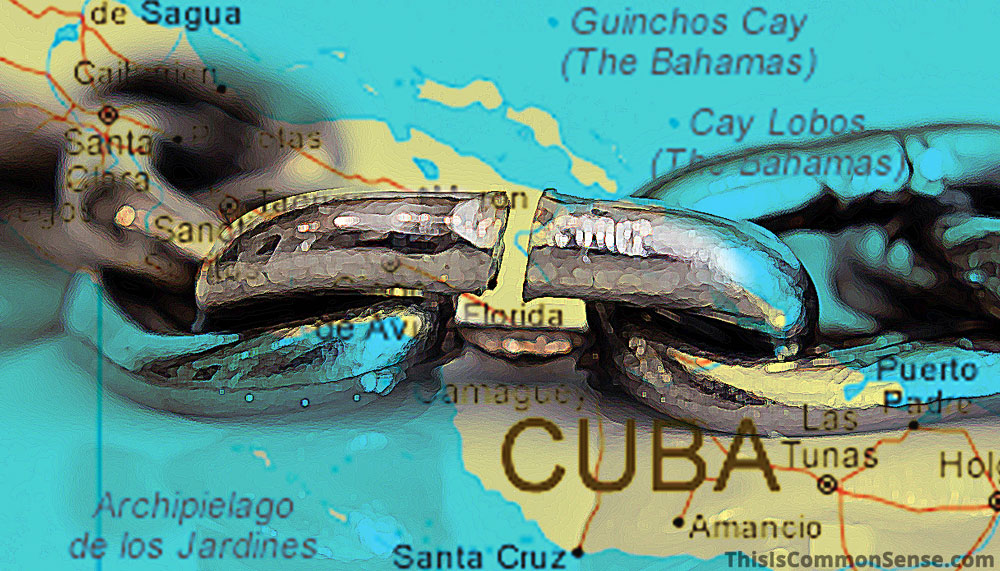They’re skulking around, speaking in furtive tones, lurking in dark places . . . hiding from oversight so they can do their dirty deeds unimpeded.
Who?
The disinformation pushers.
They grab hold of one or more incorrect propositions and, indifferent to how wrong it is to be less than infallible in their utterances, willfully communicate their blunderful asseverations to others.
Some pushers use encrypted services to peddle their verbal wares and evade beneficent censors who want only to help.
Public policy is one of the topics the pushers brazenly yap about.
Result? Political discourse is a mess, with not everybody agreeing about everything, as they simply must.
In Brazil, for example, where “Far-Right Disinformation Pushers Find a Safe Place on Telegram,” experts worry that the Telegram messaging app “could become a powerful vector for lies and vitriol before next year’s presidential elections,” explains The New York Times. And that would be regrettable, making for “a tense political moment in the country.”
Thank goodness for the Times, eh?
Now we finally know that people disagree in Brazil, sometimes indelicately. Even during elections!
Note the unmentioned presuppositions.
First, that there’s no far-left disinformation in Brazil, as anyone who peruses all the inaccessible encrypted messages on Telegram would know.
Second, making do by relying upon better speech as the only way to counter erroneous or dishonest speech is out of the question.
At least according to the Times.
Which, being in the Better Speech/Better Press business, does seem a bit odd.
This is Common Sense. I’m Paul Jacob.
—
See all recent commentary
(simplified and organized)








